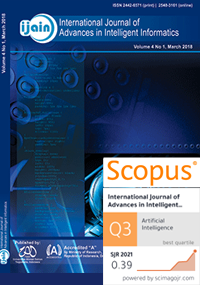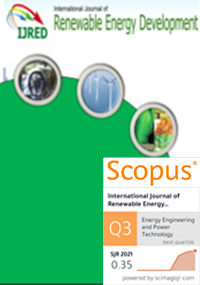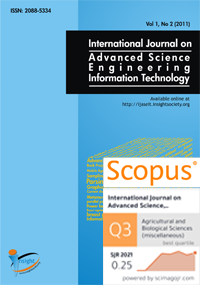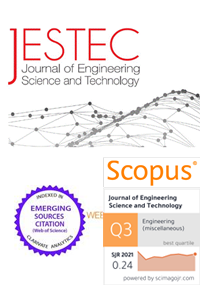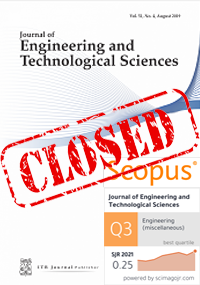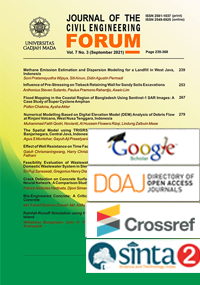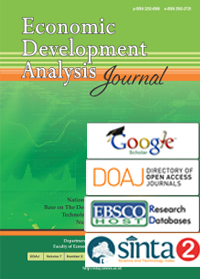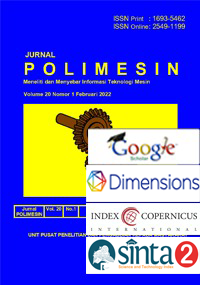Assoc. Prof. Eri Sato-Shimokawara
Tokyo Metropolitan University, Japan

Assoc. Prof. Eri Sato-Shimokawara
Tokyo Metropolitan University, Japan
Human robot interaction base on considering internal condition and individuality
Abstract
Human-robot interaction and communication have become more important according to becoming widespread social robots that are active in daily life. This talk focuses on multimodal interaction, one of the important features of human-robot interaction towards the natural communication between humans and robots. Generally, multimodal data deal individually or comprehensively, but the data correlate with each other. To realize multimodal interaction regarding their correlation, we have been researching the integration of knowledge framework which combines fragmentary multimodal information and recognizes estimation of the human internal state of mind considering individual differences. Individual differences are one of the key factors in understanding the internal state, which is expressed in different ways. However, the data obtained from each person is limited, so we focus on correlation and similarity among their expression from the estimation accuracy. Our proposed methods restore it as the weight of multimodality. Differences in the expression way of the internal state mean the perception of robot expression is also different. Estimating a human internal condition is the viewpoint from robot to human, then I talk about robot expression considering individuality of human perception as a viewpoint from human to robot. This talk presents and discusses the individual traits relevant to the perception of robot expression which is conducted with multimodality.
Biography :
Assoc. Prof. Dr. Eri Sato-Shimokawara received her B.E., M.E., and D.E. in Systems Engineering Science from Tokyo Metropolitan Institute of Technology in 2002, 2004, and 2007. She was a Research Fellow of Japan Society for the Promotion of Science (JSPS) from 2004 to 2007. She was the Faculty of Systems Design of Tokyo Metropolitan University, as an Assistant Professor from 2007 to 2022. She has been an Associate Professor in the Faculty of Systems Design of Tokyo Metropolitan University, Japan, since 2022. She Her current research interests include human-machine interactions, multimodal interactions, soft computing, and intelligent robotics. She is a member of the Institute of Electrical and Electronics Engineers (IEEE), the Institute of Electronics Information and Communication Engineers (IEICE), the Japan Society for Fuzzy Theory and Intelligent Information (SOFT), and the Japanese Society for Artificial Intelligence (JSAI).
Assoc. Prof. Eri Sato-Shimokawara
Tokyo Metropolitan University, Japan

Assoc. Prof. Eri Sato-Shimokawara
Tokyo Metropolitan University, Japan
Human robot interaction base on considering internal condition and individuality
Abstract
Human-robot interaction and communication have become more important according to becoming widespread social robots that are active in daily life. This talk focuses on multimodal interaction, one of the important features of human-robot interaction towards the natural communication between humans and robots. Generally, multimodal data deal individually or comprehensively, but the data correlate with each other. To realize multimodal interaction regarding their correlation, we have been researching the integration of knowledge framework which combines fragmentary multimodal information and recognizes estimation of the human internal state of mind considering individual differences. Individual differences are one of the key factors in understanding the internal state, which is expressed in different ways. However, the data obtained from each person is limited, so we focus on correlation and similarity among their expression from the estimation accuracy. Our proposed methods restore it as the weight of multimodality. Differences in the expression way of the internal state mean the perception of robot expression is also different. Estimating a human internal condition is the viewpoint from robot to human, then I talk about robot expression considering individuality of human perception as a viewpoint from human to robot. This talk presents and discusses the individual traits relevant to the perception of robot expression which is conducted with multimodality.
Biography :
Assoc. Prof. Dr. Eri Sato-Shimokawara received her B.E., M.E., and D.E. in Systems Engineering Science from Tokyo Metropolitan Institute of Technology in 2002, 2004, and 2007. She was a Research Fellow of Japan Society for the Promotion of Science (JSPS) from 2004 to 2007. She was the Faculty of Systems Design of Tokyo Metropolitan University, as an Assistant Professor from 2007 to 2022. She has been an Associate Professor in the Faculty of Systems Design of Tokyo Metropolitan University, Japan, since 2022. She Her current research interests include human-machine interactions, multimodal interactions, soft computing, and intelligent robotics. She is a member of the Institute of Electrical and Electronics Engineers (IEEE), the Institute of Electronics Information and Communication Engineers (IEICE), the Japan Society for Fuzzy Theory and Intelligent Information (SOFT), and the Japanese Society for Artificial Intelligence (JSAI).
Assoc. Prof. Eri Sato-Shimokawara
Tokyo Metropolitan University, Japan

Assoc. Prof. Eri Sato-Shimokawara
Tokyo Metropolitan University, Japan
Human robot interaction base on considering internal condition and individuality
Abstract
Human-robot interaction and communication have become more important according to becoming widespread social robots that are active in daily life. This talk focuses on multimodal interaction, one of the important features of human-robot interaction towards the natural communication between humans and robots. Generally, multimodal data deal individually or comprehensively, but the data correlate with each other. To realize multimodal interaction regarding their correlation, we have been researching the integration of knowledge framework which combines fragmentary multimodal information and recognizes estimation of the human internal state of mind considering individual differences. Individual differences are one of the key factors in understanding the internal state, which is expressed in different ways. However, the data obtained from each person is limited, so we focus on correlation and similarity among their expression from the estimation accuracy. Our proposed methods restore it as the weight of multimodality. Differences in the expression way of the internal state mean the perception of robot expression is also different. Estimating a human internal condition is the viewpoint from robot to human, then I talk about robot expression considering individuality of human perception as a viewpoint from human to robot. This talk presents and discusses the individual traits relevant to the perception of robot expression which is conducted with multimodality.
Biography :
Assoc. Prof. Dr. Eri Sato-Shimokawara received her B.E., M.E., and D.E. in Systems Engineering Science from Tokyo Metropolitan Institute of Technology in 2002, 2004, and 2007. She was a Research Fellow of Japan Society for the Promotion of Science (JSPS) from 2004 to 2007. She was the Faculty of Systems Design of Tokyo Metropolitan University, as an Assistant Professor from 2007 to 2022. She has been an Associate Professor in the Faculty of Systems Design of Tokyo Metropolitan University, Japan, since 2022. She Her current research interests include human-machine interactions, multimodal interactions, soft computing, and intelligent robotics. She is a member of the Institute of Electrical and Electronics Engineers (IEEE), the Institute of Electronics Information and Communication Engineers (IEICE), the Japan Society for Fuzzy Theory and Intelligent Information (SOFT), and the Japanese Society for Artificial Intelligence (JSAI).









